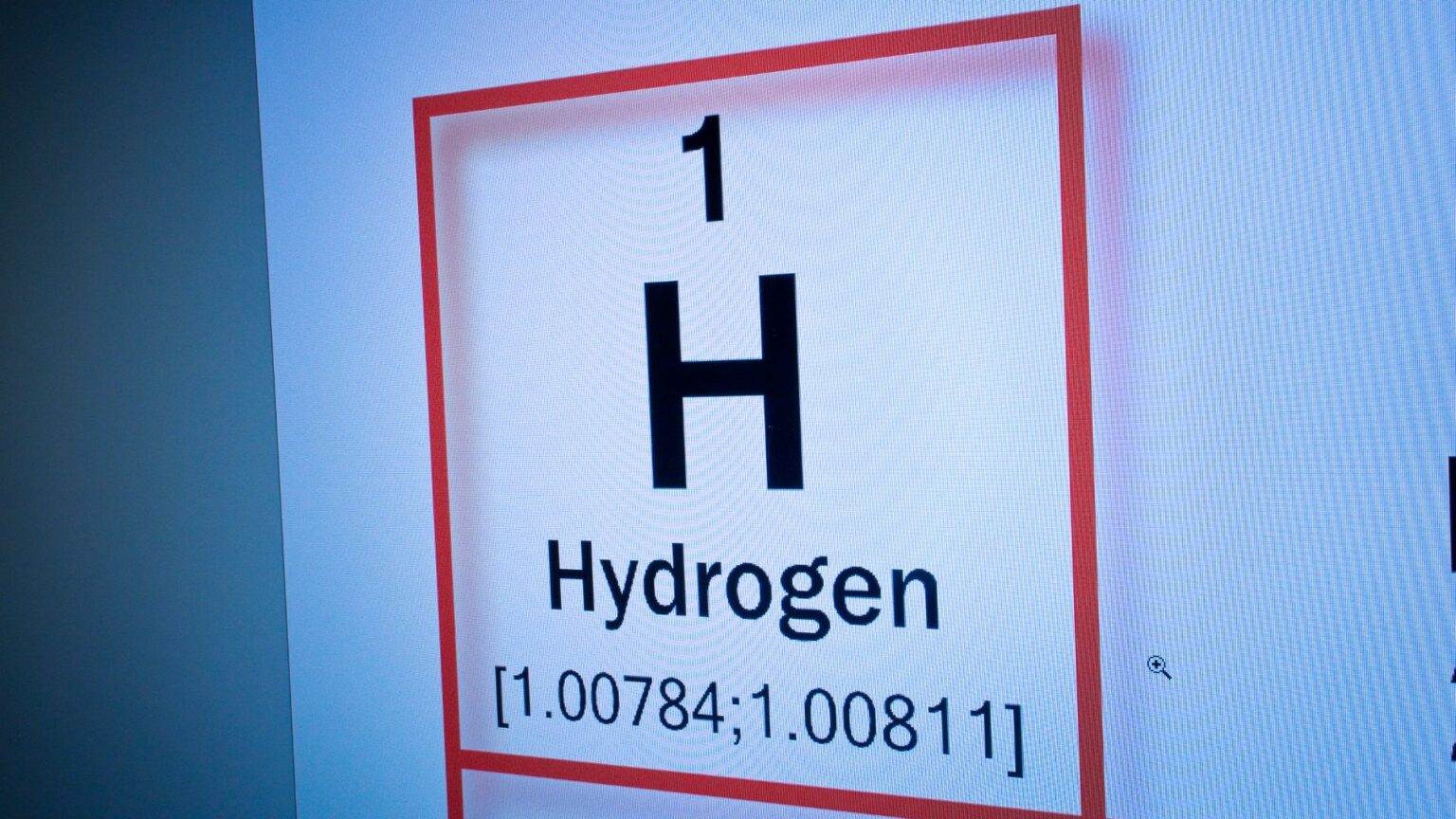IndianOil’s decision to cancel its global tender for a Green Hydrogen Generation Unit at its Panipat Refinery raises important questions about the company’s strategic approach to hydrogen projects. The cancellation of two consecutive tenders—one in February 2024 and the other this week—suggests underlying challenges that warrant scrutiny.
The eligibility criteria set forth in the tender were notably stringent, potentially limiting the pool of qualified bidders. Companies were required to demonstrate significant experience in hydrogen handling facilities, including refinery units, petrochemical units, or fertilizer units with a minimum capacity of 500 KTPA. Additionally, bidders needed to have experience with at least 5 KTPA hydrogen generation units, 150 MW power projects, and 5 MW water electrolysis-based hydrogen units.
While these criteria are designed to ensure that only experienced and capable bidders participate, they may have inadvertently excluded innovative or smaller companies that could have brought fresh approaches to the project. This rigidity in the selection process could be a factor in the tender’s repeated cancellations.
The tender allowed bidders to join joint ventures or consortia, presumably to pool expertise and resources. However, the complexity of managing such partnerships, especially under the stringent requirements laid out by IndianOil, could have deterred potential participants. The need for a consortium to have executed hydrogen projects in specific sectors, coupled with the requirement for commercial operation for at least one year, may have been too high a bar for many.
IndianOil’s cancellation of these tenders may indicate broader issues within its hydrogen strategy. The company’s inability to move forward with these projects suggests either a misalignment between its goals and the market’s current capabilities or perhaps an overestimation of what could be achieved under the given conditions. This raises concerns about the pace at which IndianOil—and by extension, India—can transition to green hydrogen, a critical component of the country’s broader energy strategy.
To avoid further delays, IndianOil may need to reassess its tender requirements and consider more flexible criteria that allow for a wider range of bidders. Additionally, the company might benefit from a more collaborative approach with potential bidders during the tendering process to ensure that requirements are both ambitious and achievable. The repeated cancellations suggest that a reevaluation of strategy is necessary if IndianOil is to play a leading role in the green hydrogen sector.
